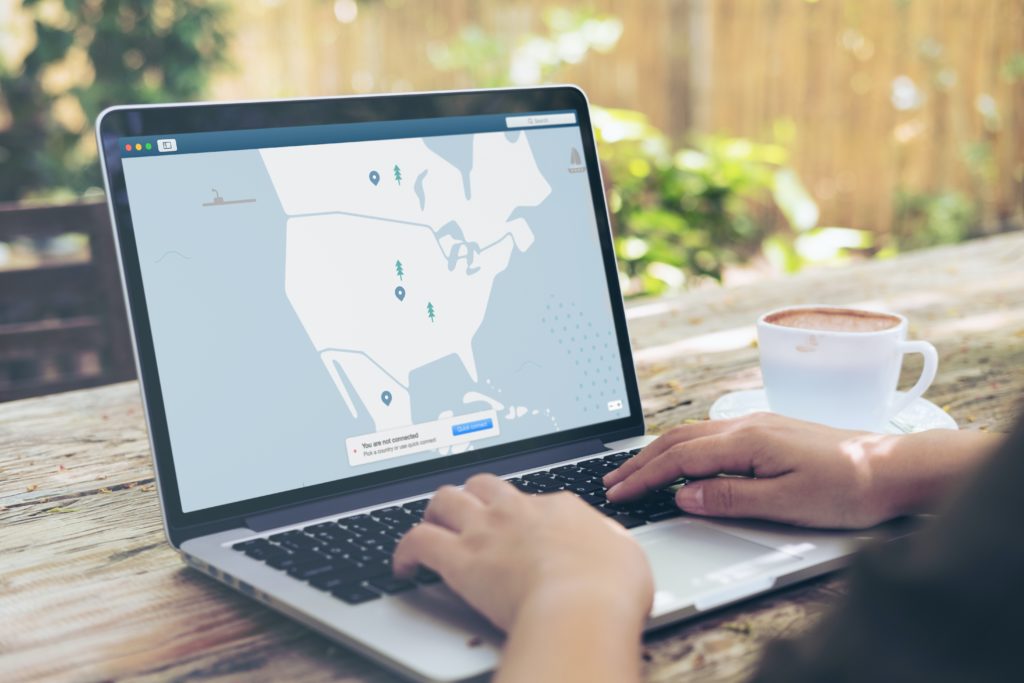In our increasingly digital world, it’s crucial to understand the various tools that can help us navigate the internet safely and efficiently. One such tool, often mentioned but seldom explained, is the Virtual Private Network, or VPN. But what exactly is a VPN, and how does it factor into our online activities? In this post, we’ll demystify VPNs, discussing their uses, benefits, and potential drawbacks.

Virtual Private Networks: The Basics
A Virtual Private Network, or VPN, is a service that protects your internet connection and enhances your online privacy. It does so by creating a secure, encrypted “tunnel” between your device and the network it connects to, shielding your online activity from prying eyes.
When you connect to a VPN, it masks your IP address, which is the unique number that identifies your device on the internet. Instead, you’re shown to be at the IP address of the VPN server you’re connected to, which could be anywhere in the world. This process helps safeguard your personal information and makes it appear as though you’re browsing from a different location.
How VPNs are Used
VPNs have a multitude of uses, but their primary function is to provide secure access to the internet. Here are some common scenarios where VPNs are beneficial:
- Remote Work: VPNs allow employees to securely access their company’s network from remote locations, making them essential tools for businesses with remote work policies.
- Public Wi-Fi: Public Wi-Fi networks are notoriously unsecured. A VPN protects your data from potential hackers on these networks.
- Privacy: VPNs hide your browsing activity from your internet service provider and other prying eyes, providing an extra layer of privacy online.
- Accessing Geo-Restricted Content: Since VPNs can make it appear as if you’re browsing from another location, they can be used to access content that is only available in certain geographic locations.
The Benefits of Using a VPN
- Enhanced Security: VPNs encrypt your data, making it unreadable to anyone who might intercept it. This is particularly important when using unsecured networks.
- Improved Privacy: By hiding your IP address, VPNs prevent websites, internet service providers, and potential hackers from tracking your online activities.
- Freedom of Information: VPNs can bypass regional internet restrictions, granting access to information and services that might be blocked in certain countries.
Potential Drawbacks of VPNs
While VPNs offer many advantages, they also come with a few potential downsides:
- Speed: Since your internet traffic is being routed through a VPN server, it can sometimes slow down your connection speed, especially if the server is far from your actual location.
- Reliability: Not all VPN services are created equal. Some may have unreliable connections or may not provide the level of security they claim to offer.
- Legal and Ethical Considerations: While using a VPN is legal in many places, some countries restrict or ban their use. Additionally, while VPNs can be used to access geo-restricted content, doing so might violate the terms of service of the content provider.
Closing Thoughts
A VPN is a powerful tool for enhancing online privacy and security. While it’s not without its potential drawbacks, the benefits it provides—especially in an era of increasing digital threats and privacy concerns—make it an essential part of any internet user’s toolkit. At Silver Tree Services, we’re committed to helping you understand and navigate the complexities of the digital world. If you have more questions about VPNs or other aspects of internet security, feel free to reach out. We’re here to help.


